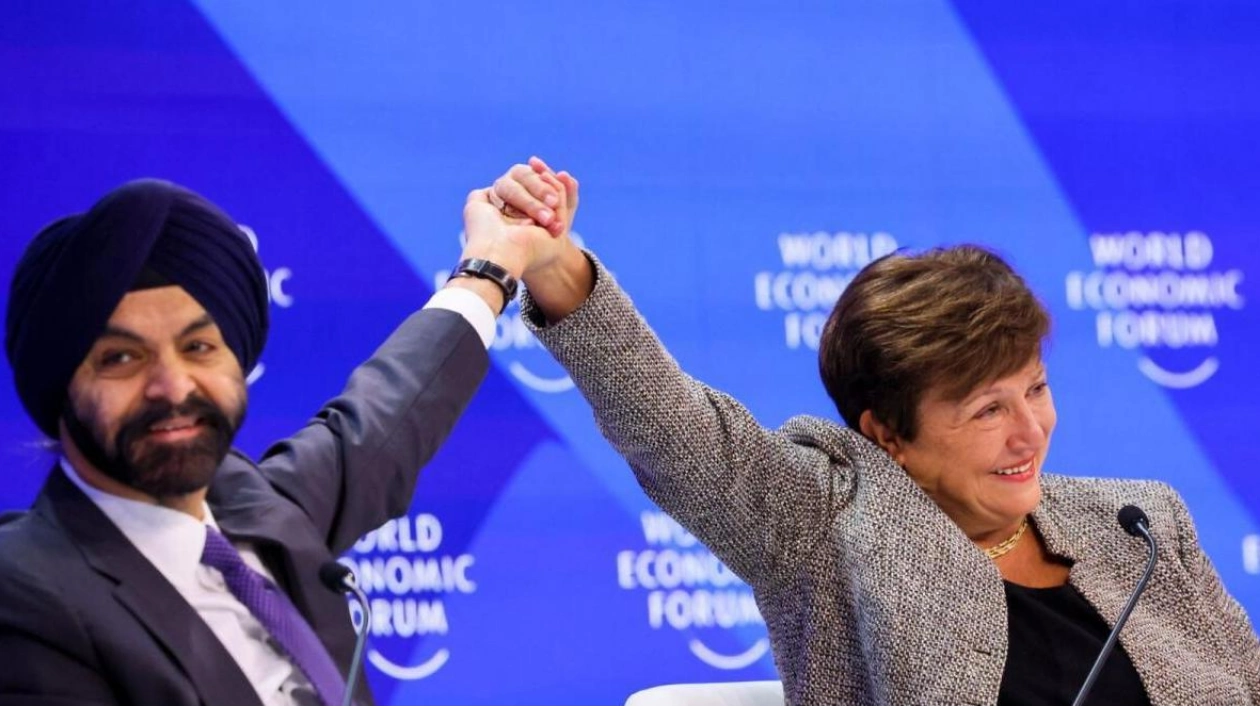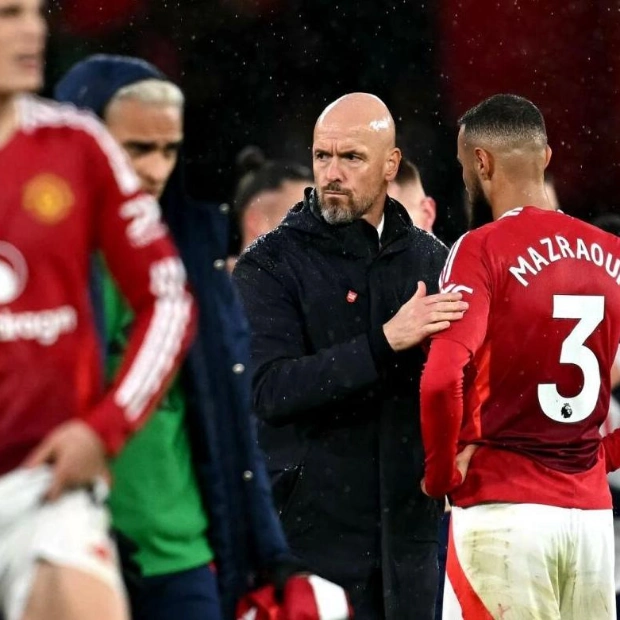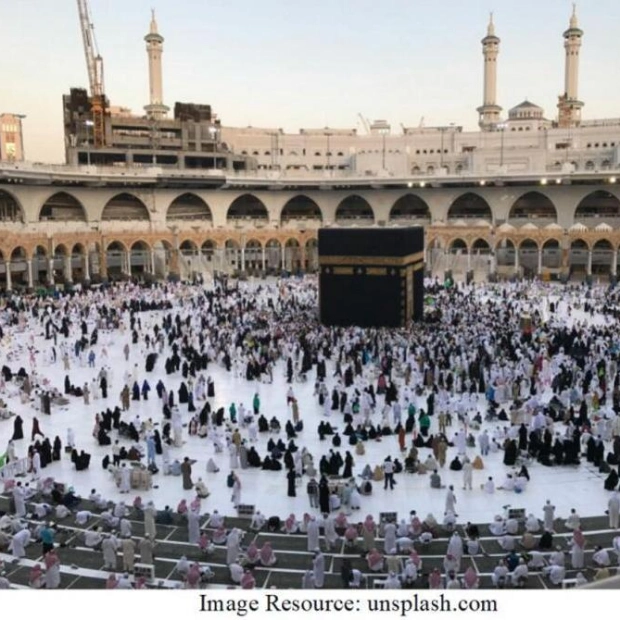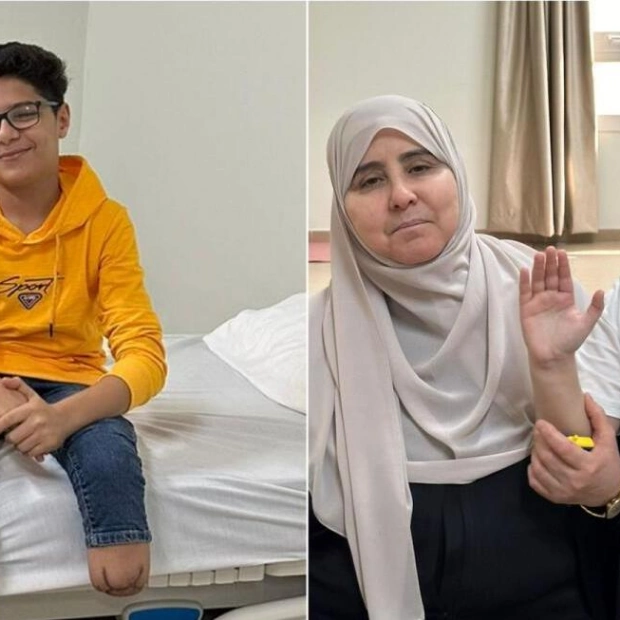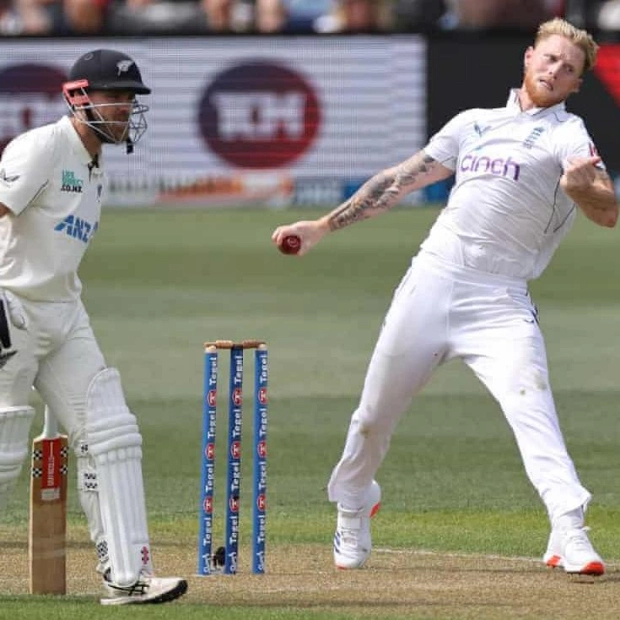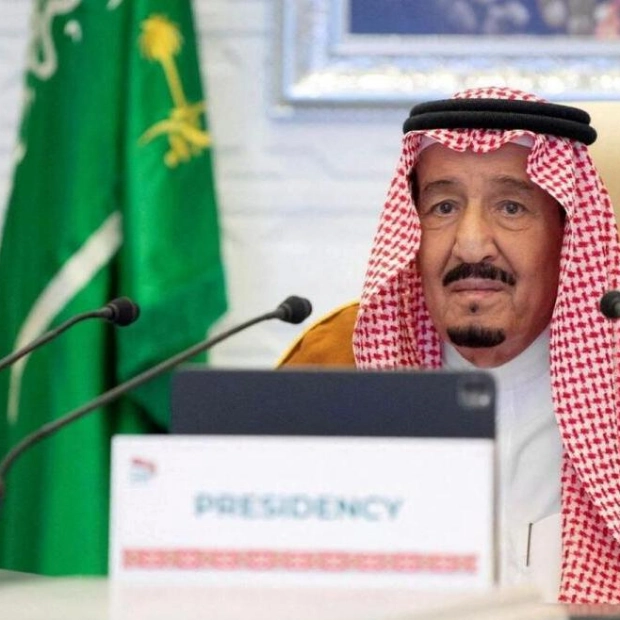Global finance leaders will convene in Washington this week amidst heightened uncertainty due to ongoing conflicts in the Middle East and Europe, a struggling Chinese economy, and concerns that a contentious US presidential election could spark new trade disputes and weaken multilateral cooperation.
The International Monetary Fund (IMF) and World Bank annual meetings are set to attract over 10,000 attendees from finance ministries, central banks, and civil society groups to address efforts to bolster uneven global growth, manage debt crises, and fund the transition to green energy.
However, the looming potential of a November 5 victory by US Republican presidential candidate Donald Trump to disrupt the international economic order with significant new tariffs, borrowing, and a shift away from climate cooperation will be the unspoken focus of the discussions.
"Arguably the most critical issue for the global economy — the outcome of the US election — is not officially on the agenda this week, but it’s on everyone’s mind," said Josh Lipsky, a former IMF official now leading the Atlantic Council’s GeoEconomics Centre.
The election "has enormous implications for trade policy, the future of the dollar, the next Federal Reserve chair, and all of these factors impact every country worldwide," he added.
US Vice-President Kamala Harris, the Democratic presidential candidate, is anticipated to continue the Biden administration’s efforts in multilateral cooperation on climate, tax, and debt relief if she wins next month’s vote.
The meetings, commencing on Monday and reaching full momentum later in the week, will likely mark the final appearance for US Treasury Secretary Janet Yellen, who has been a key figure in the Biden administration’s multilateral economic and climate initiatives. Yellen has indicated she is "probably done" with public service by the end of President Joe Biden’s term in January.
However, the rising anti-China trade sentiment and industrial policy plans from wealthy nations, highlighted by the Biden administration’s steep tariff hikes on Chinese electric vehicles, semiconductors, and solar products, are expected to be central topics at the meetings.
The IMF will revise its global growth forecasts on Tuesday. IMF Managing Director Kristalina Georgieva recently highlighted a lackluster outlook, noting that the world, burdened by high debts, is facing slow medium-term growth and a "difficult future."
Despite this, Georgieva expressed she is "not overly pessimistic" about the outlook, citing resilient sectors in the US and India that are counterbalancing continued weakness in China and Europe.
While debt defaults among poor countries may have peaked, the annual meetings are expected to address the growing issue of scarce liquidity, forcing some emerging markets with high debt service costs to postpone development investments as foreign aid dwindles.
Last year’s IMF and World Bank annual meetings commenced in Morocco amidst the Palestinian militant group Hamas’s attack on Israel, resulting in over 1,200 deaths and conflicts with a death toll exceeding 40,000 Gazans, according to Palestinian health authorities.
The economic impact has been largely confined to economies in or near the conflict: Gaza, the West Bank, Israel, Lebanon, Egypt, and Jordan.
"If there were to be an escalation that jeopardizes oil and gas delivery, that could have much more significant repercussions for the global economy," Georgieva told Reuters in an interview.
Support for Ukraine will also be a major focus at the meetings, as the G7 aims to reach a political agreement by the end of October for a $50 billion loan for the Eastern European country, backed by frozen Russian sovereign assets. The loan is partly seen as a financial safeguard against a Trump victory next month, as the former US president has threatened to "get out of Ukraine."
Despite the myriad concerns, World Bank and IMF officials plan to focus on the immediate tasks at hand during the meetings, which coincide with the 80th anniversary of the institutions’ founding in 1944 at Bretton Woods, New Hampshire.
For World Bank President Ajay Banga, this means expediting project preparations to utilize the bank’s expanded lending capacity and refining a new scorecard aimed at enhancing development outcomes.
"The world is what it is right now. Rather than using the meetings to reiterate what we already know — which is to acknowledge the problem — I’d like to use the annual meetings to take action on what we can do as institutions," Banga told reporters last week.
Source link: https://www.khaleejtimes.com
